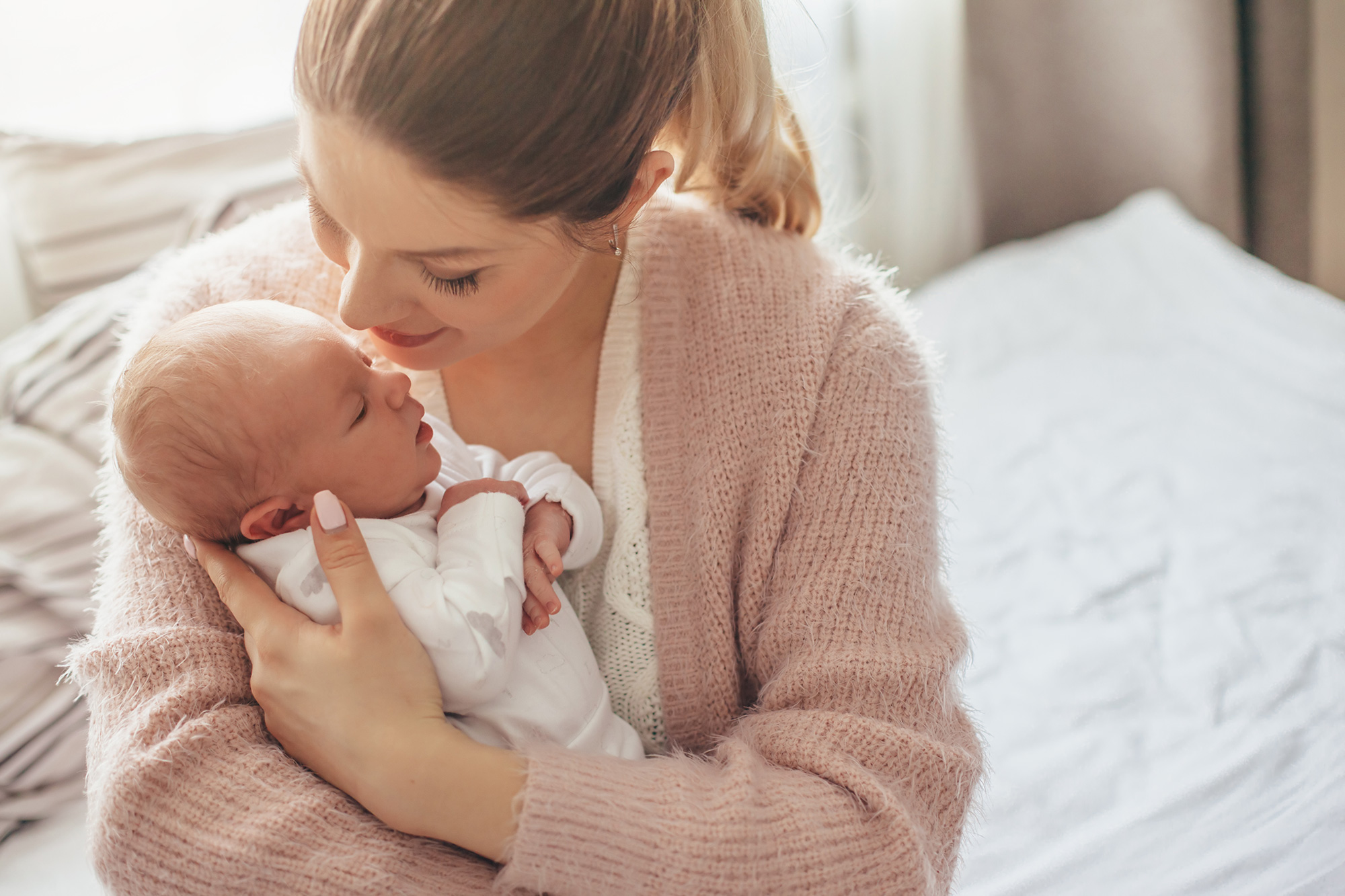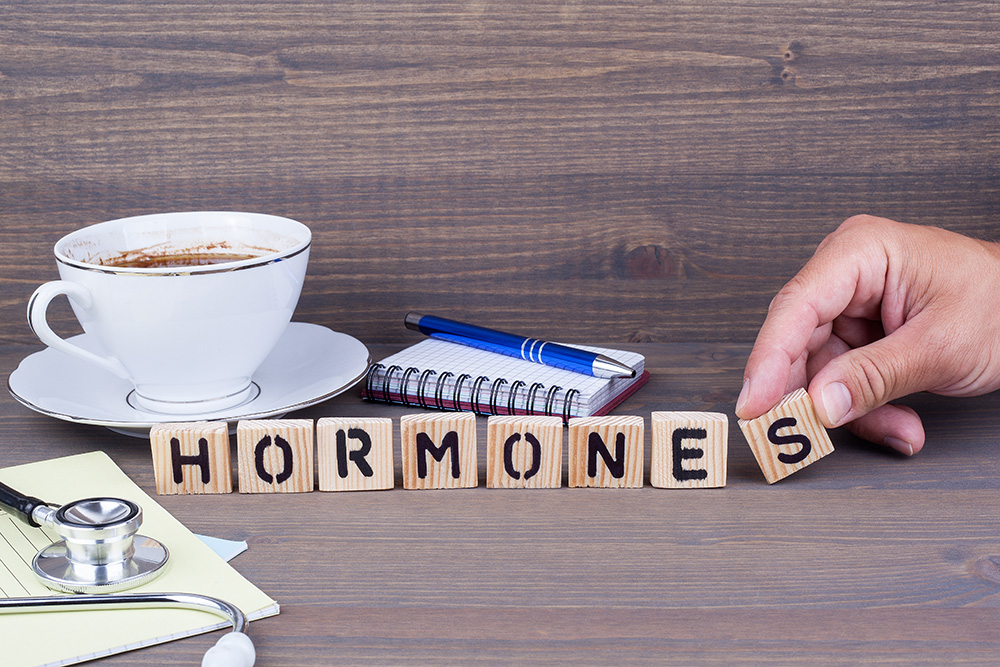
Causes of Hair Loss Postpartum
Hair loss Postpartum, also known as telogen effluvium, is a temporary hair loss condition that affects many women after childbirth. During pregnancy, hormonal changes cause hair to remain in the growth phase for an extended period, resulting in luscious, voluminous locks. However, after giving birth, hormone levels return to normal, triggering a shedding phase that can last several months.
Timeline of Postpartum Hair Loss
During pregnancy, elevated estrogen levels prolong the hair’s growing stage. Fewer hairs in the resting stage and fewer falling out each day, so you may have thicker, more luxuriant tresses. After delivery, hormone levels start returning to normal and postpartum hair loss start around three to six months after the baby is born. This delay occurs because the hair growth cycle is disrupted during pregnancy, and the shedding phase is postponed. The duration and intensity of postpartum hair loss vary from person to person, but it usually resolves within six to twelve months postpartum.Treat Postpartum Hair Loss
While postpartum hair loss is a natural phenomenon, there are several ways to manage and promote hair regrowth during this period. Postpartum hair loss treatment may include:- Balanced Nutrition: Consuming a well-balanced diet rich in vitamins, minerals, and protein can support hair health and growth.
- Gentle Hair Care: Be gentle with your hair, avoiding excessive heat styling, harsh chemicals, and tight hairstyles that can further weaken the hair follicles.
- Scalp Massages: Regular scalp massages can improve blood circulation to the hair follicles and promote hair growth.
- Topical Treatments and Medications: Certain topical treatments and medications containing minoxidil, can stimulate hair regrowth.

When Should You Seek Professional Care When Suffering From Postnatal Hair Loss
If you notice visible bald patches, excessive shedding or thinning areas on your scalp during postnatal hair loss, it is recommended to seek professional care. These signs may indicate a more severe form of hair loss or a condition known as postpartum alopecia. A dermatologist or cosmetic doctor can evaluate your condition, provide a proper diagnosis, and recommend appropriate treatment options to promote hair regrowth and address any underlying issues. Remember, early intervention can lead to better outcomes and help restore your confidence in your hair’s appearance.Why Choose ICCM for Your Postpartum Hair Loss?
At ICCM, we understand the emotional impact that postpartum hair loss can have on new mothers. Our team of experienced specialists is dedicated to helping you regain confidence in your appearance, offering several successful hair loss treatment options. Here’s why ICCM should be your go-to destination for addressing postpartum hair loss:- Expertise and Experience: Our clinic boasts a team of highly skilled professionals specialising in hair restoration, who have successfully treated numerous cases of postpartum hair loss.
- Tailored Treatment Plans: We offer personalised treatment plans tailored to your unique needs and concerns. Our experts will assess your condition and provide you with the most effective solutions available.
- State-of-the-Art Facilities: ICCM is equipped with cutting-edge facilities and the latest technologies in hair restoration, ensuring you receive the highest standard of care.
- Supportive Environment: We provide a compassionate and supportive environment where you can openly discuss your concerns and receive the guidance you need.
